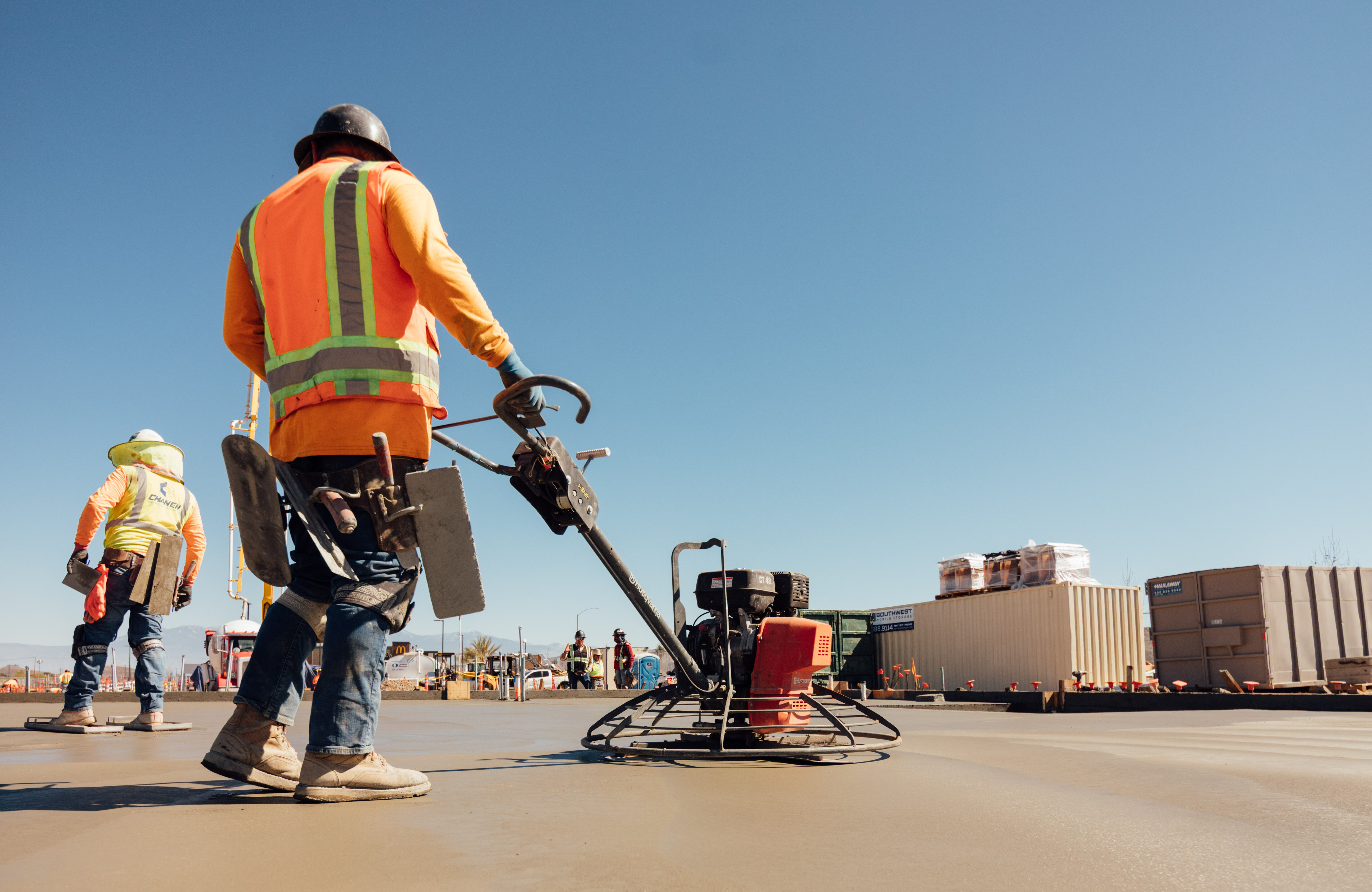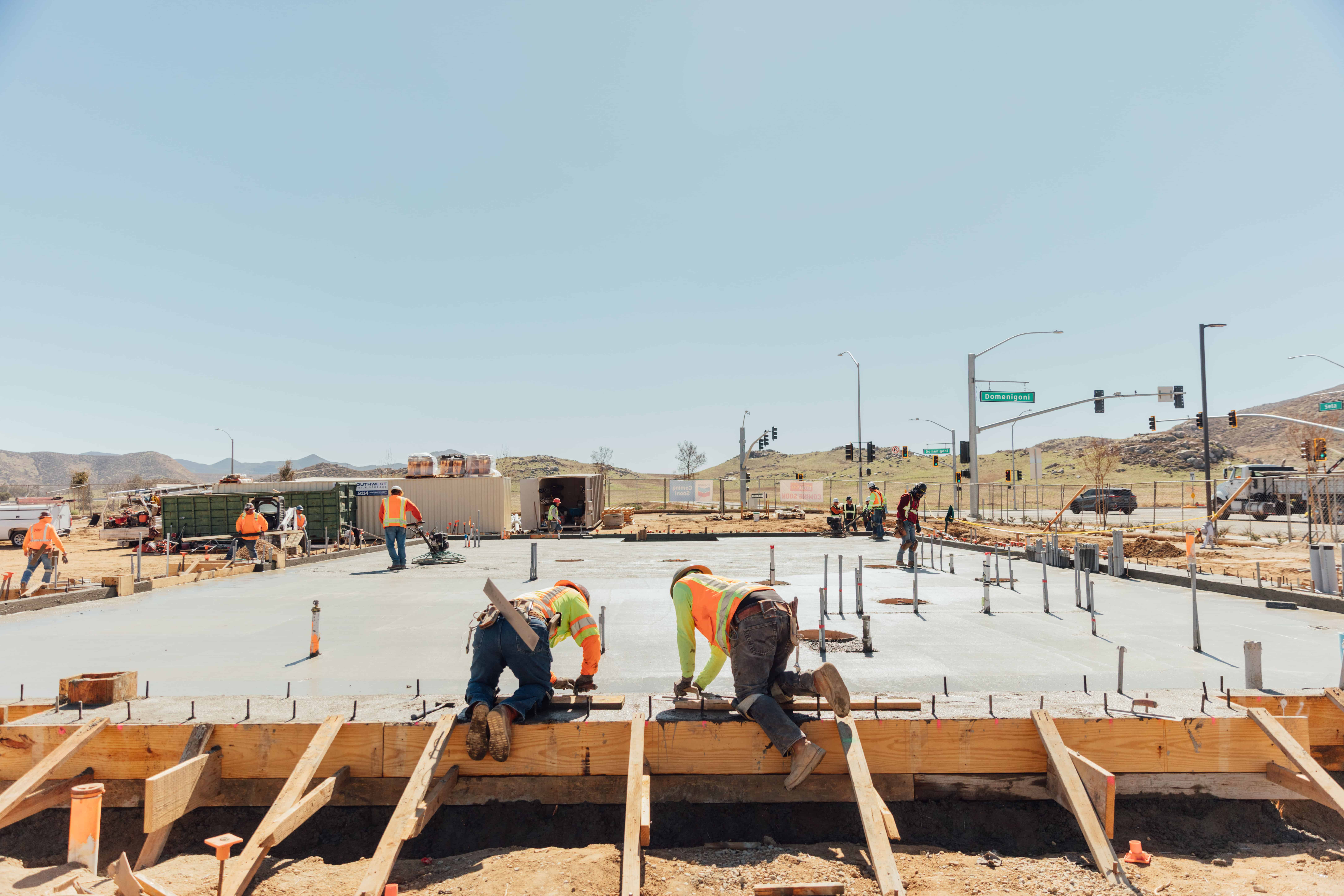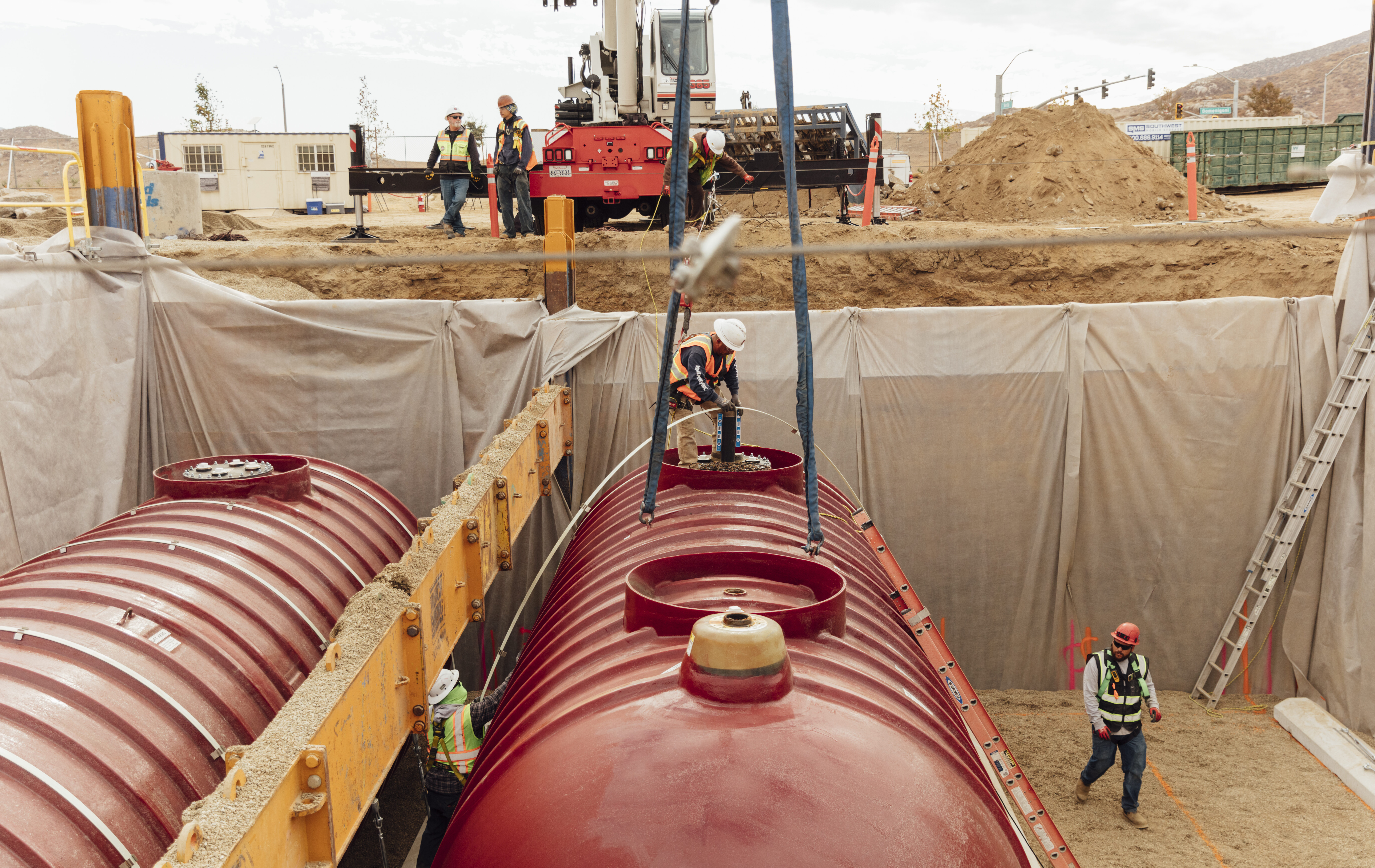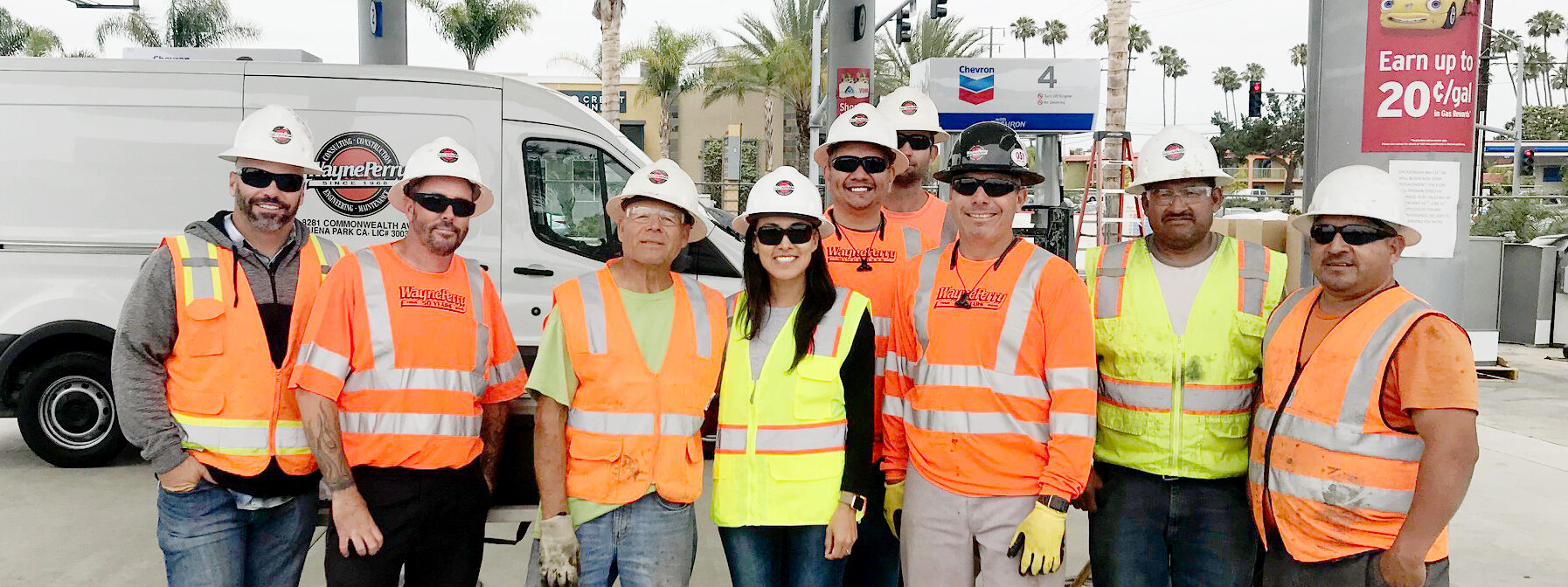Fuel station permitting is essential to ensure fuel stations operate safely, comply with environmental regulations, and meet community standards.
Fuel station permitting is a critical step for fuel station owners, particularly in the Western United States, where stringent environmental regulations, land use restrictions, and community concerns pose significant challenges. Understanding and addressing these hurdles is essential to successfully establishing and operating your fuel station. Here’s an in-depth look at what’s involved in fuel station permitting and why it’s a crucial first step toward your success.
Why Fuel Station Permitting Is Important
Proper permitting helps prevent environmental contamination, protects public health, and ensures your station integrates harmoniously with the surrounding community. Understanding and navigating the permitting process is essential to avoiding legal issues, minimizing delays, and achieving long-term success.
By addressing environmental regulations, land use restrictions, and community concerns, you can sidestep permitting challenges and establish a successful business. Proactive planning, experienced consultation, and community engagement are key, as is partnering with an engineering, procurement, and construction (EPC) firm that can streamline the process and provide the expertise and support needed to successfully bring your new fuel station project to fruition.
Environmental Regulations
Navigating environmental regulations is a major component of the permitting process. Fuel station owners must comply with various standards and implement specific measures to minimize environmental impact, including the following:
- Stringent Air Quality Standards: The Western United States, especially California, enforces rigorous air quality standards. This means obtaining permits for vapor recovery systems on pumps to control emissions and adhering to regulations on the types of fuels allowed.
- Stormwater Management: Effective stormwater management is crucial to prevent environmental contamination. This involves implementing detention basins, installing oil-water separators, and using special filtration systems.
- Underground Storage Tanks (USTs): Permitting for USTs is complex because of concerns about leaks and soil contamination. Compliance measures include installing leak detection systems and implementing secondary containment safeguards.
Land Use Restrictions
Land use restrictions are another significant aspect of fuel station permitting. Fuel station owners must ensure their projects comply with local zoning laws and environmental impact assessments. Land use restrictions that must be followed include:
- Zoning Laws: Zoning laws can limit where fuel stations can be constructed. Key considerations include understanding and complying with municipal zoning restrictions and addressing concerns related to noise, traffic congestion, and compatibility with surrounding land uses.
- Environmental Impact Reports (EIRs): For larger projects, an environmental impact report (EIR) may be necessary. This process involves conducting a thorough analysis of the project’s effect on air quality, water resources, and traffic, and preparing detailed reports to address potential environmental concerns.
Community Concerns
It’s important to address community concerns to gain support and secure permitting. Fuel station owners must engage with the community and address their worries to minimize opposition. These concerns include:
- Public Opposition: Residents near the proposed location may have various practical concerns about public health, safety, quality of life, and environmental concerns. Addressing these involves communicating openly with the community and modifying the project to mitigate issues related to traffic congestion, noise pollution, air quality impacts, and property values.
- Historical Preservation: If a project involves modifying or demolishing a historic structure, additional steps are required. This includes obtaining approval from historical preservation boards and ensuring compliance with preservation regulations to avoid delays.
Additional Challenges
In addition to environmental regulations, land use restrictions, and community concerns, fuel station owners may face other challenges. These additional hurdles require careful planning and consultation. Important additional challenges include:
- Native American Consultation: Federal law mandates consultation with Native American tribes if the project affects their cultural resources. This entails coordinating with the tribes to respect and protect their heritage and navigating legal requirements to ensure compliance.
- Archaeological Surveys: In sensitive areas, archaeological surveys may be necessary. This process involves identifying and protecting potential historical artifacts and complying with federal and state regulations to preserve cultural and historical resources.
Tips for Overcoming Permitting Challenges
Successfully navigating the permitting process requires strategic planning and proactive measures. Here are tips for overcoming common permitting challenges:
- Start Planning Early: Involving all stakeholders early in the planning process is crucial. This includes engaging with environmental agencies and community members to address concerns proactively.
- Engage Experienced Consultants: Hiring experienced environmental consultants can streamline the permitting process. Their expertise navigates complex regulatory requirements, avoids common pitfalls, and expedites approvals.
- Address Local Area Issues: Proactively engaging with the community is essential. Effective community engagement involves understanding and addressing community concerns and building positive relationships to facilitate smoother project approvals.
Working with an EPC Partner Can Help Overcome Challenges
Partnering with an experienced engineering, procurement, and construction (EPC) firm can be invaluable in overcoming the challenges associated with fuel station permitting. Here’s how an EPC partner can assist:
- Comprehensive Expertise: EPC firms offer a full range of services, from design and engineering to construction and procurement, ensuring every aspect of the project complies with regulations.
- Regulatory Knowledge: With in-depth knowledge of local, state, and federal regulations, a trusted EPC partner can navigate the permitting process efficiently, minimizing delays and avoiding potential issues.
- Community Relations: The EPC partner often has experience in community engagement, addressing public concerns and building support for the project through effective communication and consultation.
- Project Management: By overseeing the entire project, the EPC partner can ensure all aspects are coordinated and managed effectively, from initial planning to final construction, reducing the risk of oversights and ensuring timely completion.
By understanding the intricacies of environmental regulations, land use restrictions, and community concerns, and by proactively addressing these challenges, you can pave the way for a smooth permitting process. Partnering with an experienced EPC firm provides the expertise and support needed to overcome these hurdles and bring your vision to life.





